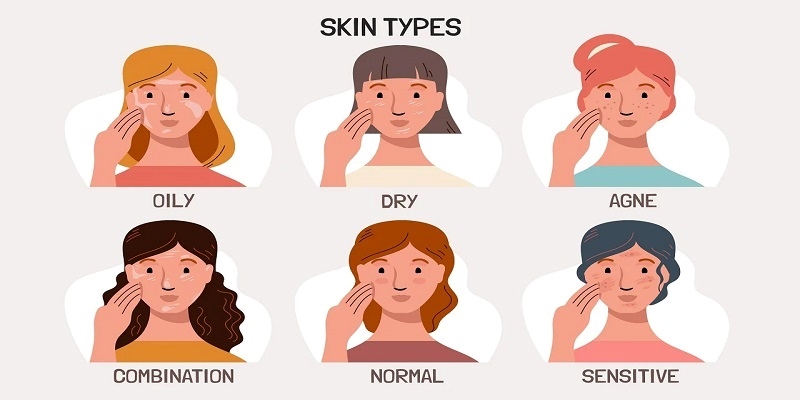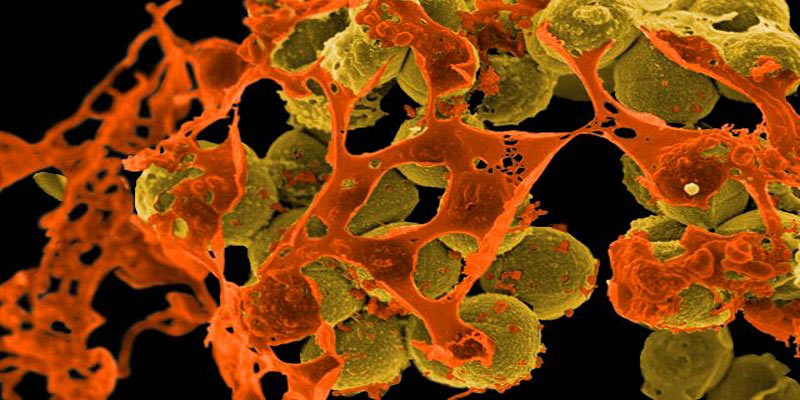A significant number of males, especially in the context of advancing age, have challenges related to their prostate. The range of symptoms may span from little discomfort to severe conditions such as prostate cancer. The dietary choices of an individual may have a significant impact on the maintenance of a healthy prostate. Certain illnesses might potentially be prevented or effectively managed with the adoption of a healthy dietary regimen. This article offers practical guidance that may be used for the purpose of preventing or managing problems.

Why Diet Matters for Prostate Health
The health of your prostate depends on the food choices you make, and it's not just about keeping your weight in check. How your body handles stress, and particularly how it handles illnesses that disproportionately impact males as they age, is largely determined by what you put into it nutritionally.
The Link Between Diet and Prostate Well-being
It is indicated that the dietary choices one makes may significantly impact the health of the prostate. Research has shown that the consumption of phytonutrients, anti-inflammatory fatty acids, and foods rich in antioxidants may effectively enhance prostate health and mitigate the likelihood of developing conditions such as benign prostatic hyperplasia and prostate cancer. There is a positive correlation between a high consumption of processed foods and saturated fats and an increased prevalence of prostate issues.
Risks of Neglecting Diet
The association between an unhealthy diet and an elevated risk of prostate cancer is compounded by its impact on adiposity. There is a correlation between diets rich in red meat, processed foods, and sugary drinks and the exacerbation of underlying prostate disorders, as well as the occurrence of inflammation. Unhealthy dietary patterns have been associated with a heightened risk of developing severe health conditions, including an elevated susceptibility to prostate cancer and the need for more extensive therapeutic interventions in the most severe circumstances. Disregarding the role of diet in the maintenance of a healthy prostate has potential risks. It is not advisable to undertake such a risk.
Prostate Diet Tips: What To Include
Nutrient-Rich Foods
Certain meals may provide an abundance of essential nutrients that are beneficial for the prostate. Tomatoes, known for their elevated levels of the antioxidant lycopene, have been shown to possess beneficial properties for prostate health. Cruciferous plants, such as broccoli, Brussels sprouts, and cabbage, contain comparable compounds that contribute to the body's detoxifying mechanisms. Selenium is an essential micronutrient that plays a critical role in maintaining prostate health. Dietary sources rich in selenium include nuts and seeds, which may contribute to the intake of this vital vitamin. Vitamin C, a nutrient included in citrus fruits such as oranges and certain types of berries, serves as an additional tool in combating inflammation. Brown rice and quinoa are two illustrative instances of nutritious whole grains. It is important to have in mind the significance of including zinc-rich foods, such as pumpkin seeds and beans, into one's diet.
The Role of Antioxidants
The human body depends on antioxidants to mitigate cellular damage and inflammation. Fruits such as blueberries, strawberries, and grapes are known to have a significant abundance of antioxidants. Catechins, a kind of antioxidant that is very prevalent in green tea, have been associated with enhanced prostate health. The mitigation of inflammation plays a crucial role in the prevention of prostate issues, and antioxidants effectively do this by counteracting the detrimental effects of free radicals inside the body. Although it is crucial to monitor one's calorie consumption, some foods such as dark chocolate provide substantial amounts of antioxidants. Turmeric, a plant known for its curcumin content, is among the potential botanicals that might provide benefits for prostate health. Consuming foods that are rich in antioxidants is a commendable approach to simultaneously gratify your gustatory perceptions and enhance the resilience of your body's immune system.

Prostate Health and Dietary Choices
Foods That Can Harm Prostate
Maintaining prostate health necessitates the avoidance of certain foods that possess potential damage to the gland. There exists a positive correlation between the consumption of a diet rich in red and processed meats and an elevated susceptibility to prostate-related health concerns. The excessive consumption of various types of meats has the potential to induce inflammation and pose a risk to prostate health.
Moreover, it is advisable to refrain from consuming fried meals and full-fat dairy products due to their elevated content of saturated fat. These fatty substances have the potential to exacerbate inflammation and have a negative impact on prostate health.
The use of excessive salt has been identified as a potential cause of high blood pressure, a condition that has been associated with prostate issues.
Sugar and Prostate Health
Understanding the adverse impact of sugar on prostate health is a crucial aspect of maintaining optimal prostate well-being. Soda and fruit juices, characterized by their elevated sugar content, have the potential to contribute to weight gain and heighten the susceptibility to prostate issues. Therefore, it is advisable to consume these beverages in limited quantities.
Practical Steps for Prostate Nourishment
Portion Control
The regulation of portion sizes is an often disregarded aspect of dietary planning, particularly in relation to prostate health. The potential adverse consequences of excessive intake, especially in the case of nutritionally balanced meals, should not be overlooked. Consuming foods that are abundant in zinc has the potential to benefit the prostate; nevertheless, excessive intake of zinc might pose risks to one's health. Therefore, it is as vital to check one's food intake as it is to observe the quality of the consumed food. Could you please provide a description of a fundamental set of guidelines? One effective strategy to adhere to the portion sizes advocated by health professionals is to use smaller plates and bowls.
Meal Planning Tips
Creating a diet that promotes prostate health does not necessarily need a significant effort. What would be a suitable choice for a launch pad? It is advisable to increase consumption of foods that are rich in fiber, protein, and healthy fats, while reducing intake of meals that are high in sugar and unhealthy fats. It is advisable to include a greater quantity of leafy green vegetables, fruits rich in antioxidants, lean sources of meat, and seafood abundant in omega-3 fatty acids into one's diet. It is advisable to minimize consumption of processed meals and prioritize the acquisition of fresh, organic goods wherever possible. Allocate a certain period on a weekly basis for the purpose of meal preparation. Implementing preventive steps such as these significantly reduces the probability of opting for the less nutritious and more convenient choice.
Conclusion
This article has highlighted the importance of dietary choices in promoting prostate health. During our discussion, we explored the potential negative impact of certain dietary choices on prostate health, including the consumption of certain foods such as red and processed meats, saturated fats, and excessive amounts of sugar. Moreover, it is important for the reader to comprehend the significance of these dietary recommendations. Individuals have the ability to take proactive measures in safeguarding their prostate health via informed decision-making and incorporating better dietary choices into their meals. Enhancing one's nutritional intake in this manner has the potential to extend one's lifespan, promote better health, and contribute to a more satisfying existence.




